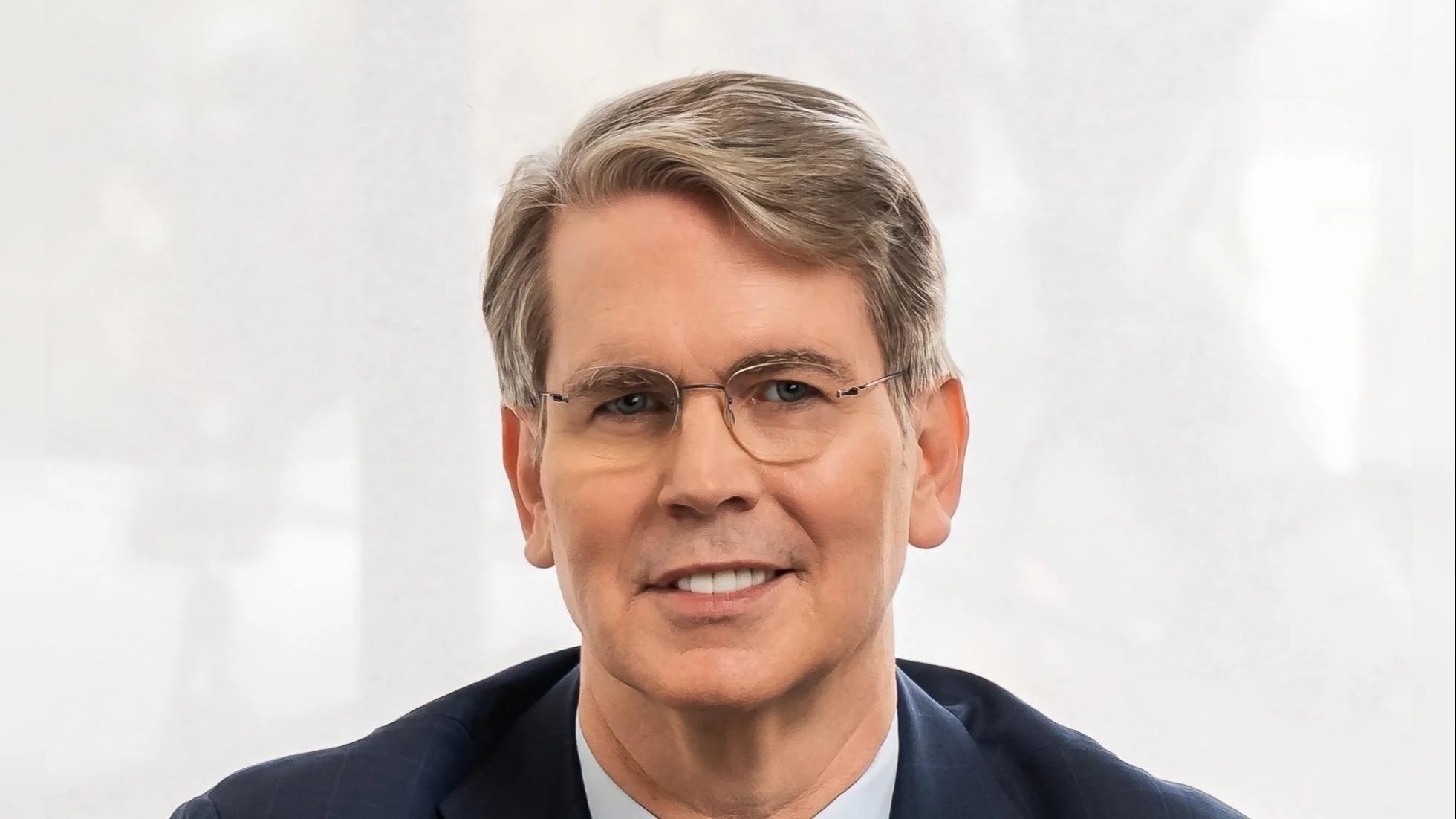At the first public session of the Financial Stability Oversight Council (FSOC) this year, Treasury Secretary Scott Bessent addressed the relationship between economic growth and financial stability. Bessent opened the meeting by calling for a moment of silence in memory of Charlie Kirk, acknowledging a tragic incident involving him earlier that day. "My heart is with the Kirk family during this devastating time. Inexcusable violence belongs nowhere in a civilized society. Charlie is a brave young man, a devoted husband, a loving father, and a great patriot. Please join me in praying for Charlie, his family, and our country," Bessent said.
In his remarks, Bessent cited investor Warren Buffett’s warning about “the ABCs of decay”—arrogance, bureaucracy, and complacency—which he said can lead to stagnation and eventual collapse if not addressed. He noted that regulators often underestimate how economic stagnation threatens financial stability but are later forced to confront its consequences.
Bessent referenced several historical episodes where stagnation led to financial crises, including the Latin American Debt Crisis of the 1980s, Japan’s prolonged period of low growth known as the “Lost Decades,” and the Eurozone Debt Crisis. According to Bessent, these cases show that slow or negative growth can trigger bank failures, currency devaluations, and sovereign debt problems.
He outlined specific risks posed by stagnation: "Stagnation can make it harder for businesses and consumers to service private debt. It can raise questions about the sustainability of public debt. It can dampen earnings expectations, reducing asset values. It can lead to investors demanding higher risk premiums. These dynamics can reinforce one another, increasing a cycle of pessimism that spreads stress across the financial system."
Bessent argued that robust economic growth makes financial systems more resilient to shocks: "By contrast, a dynamic, innovative, and entrepreneurial economy is better able to withstand shocks. Growth is the antidote to stagnation." He stated that expanding economic growth should be among FSOC’s top priorities because it leads to wage gains, increased business earnings and tax revenues while reducing fiscal demands and risk premiums.
Looking ahead at FSOC’s agenda for the coming year, Bessent announced plans to review supervisory and regulatory frameworks with an emphasis on supporting innovation within banks and other regulated entities. The Council will also focus on safeguarding critical market infrastructure—including Treasury markets—as part of efforts on economic security.
“To this end,” Bessent continued, “the Council will develop an interpretation of financial stability that will incorporate economic growth and security as key pillars.” He said FSOC would revisit guidance adopted in 2023 to ensure alignment with this new direction.
Under his leadership as Treasury Secretary, Bessent emphasized procedural rigor regarding FSOC’s nonbank designation power—an authority allowing certain institutions to be regulated by the Federal Reserve—and highlighted alternative tools such as issuing recommendations to member agencies for targeted mitigation of risks associated with particular activities.
"I thank my fellow Council members for your cooperation in advancing the Council’s new growth and economic security agenda for the ultimate good of all Americans, from Wall Street to Main Street," Bessent concluded.





